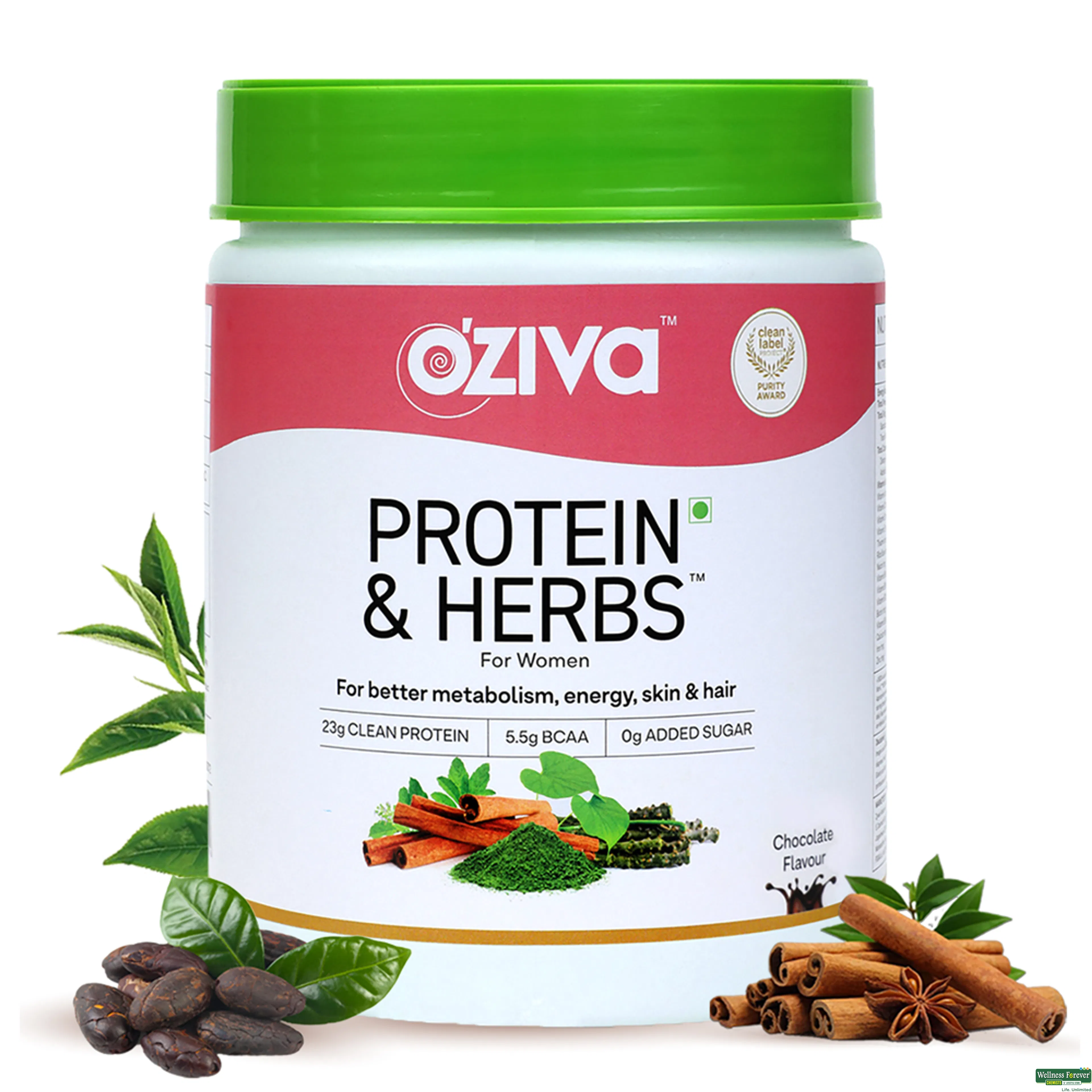Proteins
FILTERS
Proteins

Isopure Pwdr Low Carb Cookie&Cream 0.5Kg
₹2799
₹2435
13% Off
Delivery within

Prosure Orange Flavoured Powder, 400 g
₹1390
Delivery within

MuscleBlaze Biozyme Iso-Zero, Low Carb, Chocolate, 1 kg
₹4949
Delivery within

Man Matters Vegain Plant Protein Powder, 500 g
₹1499
Delivery within

Cureveda Vegan Protein powder Chocolate Berry, 500 g
₹1595
Delivery within

MuscleBlaze Super Gainer Powder XXL, Chocolate, 1 kg
₹1719
Delivery within

Oziva Protein & Herbs for Women, Chocolate, 500 g
₹1699
Delivery within

Isopure Pwdr Low Carb Dutch Choc 0.5Kg
₹2749
₹2392
13% Off
Delivery within

MuscleBlaze BCAA Pro, Powerful Intra Workout, 450 g
₹2299
Delivery within

OZiva Daily Protein Activ For Men, Chocolate, 300 g
₹549
Delivery within

MuscleBlaze Whey Protein, Rich Milk Chocolate, 1 kg
₹3599
Delivery within

Fast&Up Whey Protein Isolate, 930 g
₹4699
₹2350
50% Off
Delivery within
Exploring the Power of Proteins in Nutrition
An essential category of macronutrients, proteins play a vital role in your health. They are building blocks of life and are the basis of the cells in the body, providing structural support. They also carry out a range of other essential functions, right from fuelling your body to aiding muscle growth, helping tissue repair and many other biological processes.
Proteins can be obtained from the food you eat; however, if you’re looking for ways to boost your protein intake, then check out the wide range of protein supplements like protein powders, protein shakes, protein drinks and whey protein powder online on the Wellness Forever website.
Understanding Proteins: Building Blocks of Life
Proteins are complex macromolecules that carry out many vital biological functions in the body. Proteins are present in most parts of the body including cells, tissues, skin, bones, muscles and hair. Proteins consist of smaller parts called amino acids, which are linked together to form long chains. Proteins are made of 20 different kinds of amino acids, and the arrangement of the amino acids determines every protein’s structure and function
Proteins play several roles in the body, such as:
- Helping build the cells and tissues
- Providing the body’s structural framework and mechanical support
- Acting as catalysts and aiding metabolic reactions
- Regulating hormones
- Helping maintain the right fluid and pH balance
- Storing and transporting nutrients
- Providing energy to the body
- Boosting the immune system
The Diversity of Proteins
Proteins are classified into 7 types including structural proteins, transport proteins, storage proteins, antibodies, enzymes, contractile proteins and hormonal proteins. Proteins can also be categorised as complete and incomplete.
As we discussed earlier, a protein comprises 20 amino acids. Of these, 11 are produced by your body and are known as non-essential amino acids. The rest of the nine essential amino acids must be obtained from your diet.
- A complete protein is any food that contains all the 9 essential amino acids. Examples of complete proteins are eggs, poultry, fish, dairy products, soy products, beef and pork.
- Incomplete proteins are foods that contain only some of the amino acids. Examples of incomplete proteins include whole grains, seeds, nuts, vegetables and legumes.
Protein Myths and Facts
There are several myths and misconceptions about proteins:
- Myth: Excessive protein can damage your kidneys.
Fact: If you’re healthy, then a higher protein consumption for a short time will not harm your kidneys. However, if you suffer from liver or kidney disease or consume excessive protein for a long time, it can overtax your kidneys, causing kidney damage and problems like gout.
- Myth: Animal protein is better than plant protein.
Fact: Although plant proteins may be missing some essential amino acids and animal sources contain all of them, it is not true that animal protein is better than plant protein. Plant proteins contain fibre and many other essential nutrients that animal proteins lack. So, it is best to eat a variety of animal, as well as plant protein foods to optimise your protein consumption. If you’re not getting adequate protein from your diet, you can take protein powders, protein shakes, protein drinks or whey protein powder. - Myth: Reducing your protein intake can help weight loss.
Fact: Protein helps to boost your metabolism and keeps you full. So, reducing protein intake can make it difficult to lose weight. Further, not getting sufficient protein can cause several health issues like weakness, fatigue, oedema (swelling), weak immune system and falling ill frequently.
Embracing the Benefits of a Protein-Rich Diet
To sum up, it is very important to recognise the vital role of proteins and the need for a protein-rich diet for good health. Not only is a nutritious diet with a balanced protein intake important, but you could also consider including supplements such as protein powders, protein shakes, protein drinks or protein whey whenever required for a healthier, fitter, and vibrant you.
FAQs
Q. How much protein should I eat per day, and does it vary by age or activity level?
In general, the recommended dietary allowance (RDA) for an adult is a minimum of around 0.8g of protein for every kg of body weight per day. However, the amount of protein depends on various factors such as your sex, age, overall health, activity, muscle mass and if you’re pregnant or nursing.
Q. What are some protein-rich foods for vegetarians and vegans?
If you’re a vegetarian or vegan, you must ensure that your diet has multiple sources of protein from different plant-based foods so that you have all the essential amino acids that your body needs. You can include foods such as legumes like lentils, peas, and beans, whole grains like barley, oats, etc., soy products like tofu, soy milk, tempeh, seeds and nuts, amaranth, and quinoa. You could also have protein powder supplements such as whey protein powder, protein shakes or protein drinks.
Q. Are protein supplements necessary for athletes and bodybuilders?
The daily requirement for protein can be met via the diet. However, athletes and bodybuilders who need extra protein to boost performance and build muscle mass and are unable to get it from their regular diet may need a protein supplement like protein powders, protein shakes, protein drinks or whey protein powder.
Q. Are there any potential risks or side effects associated with protein supplements?
High doses of protein supplements, such as protein powder or protein whey, can have side effects such as gas, bloating, stomach ache, cramps, constipation, nausea, diarrhoea, headache, weight gain, low blood pressure, fatigue, and insomnia.






